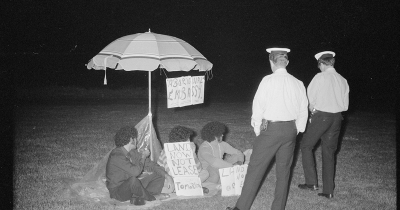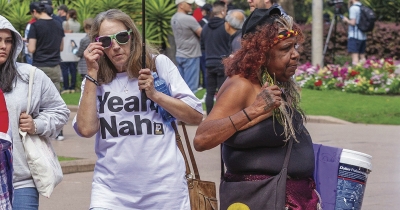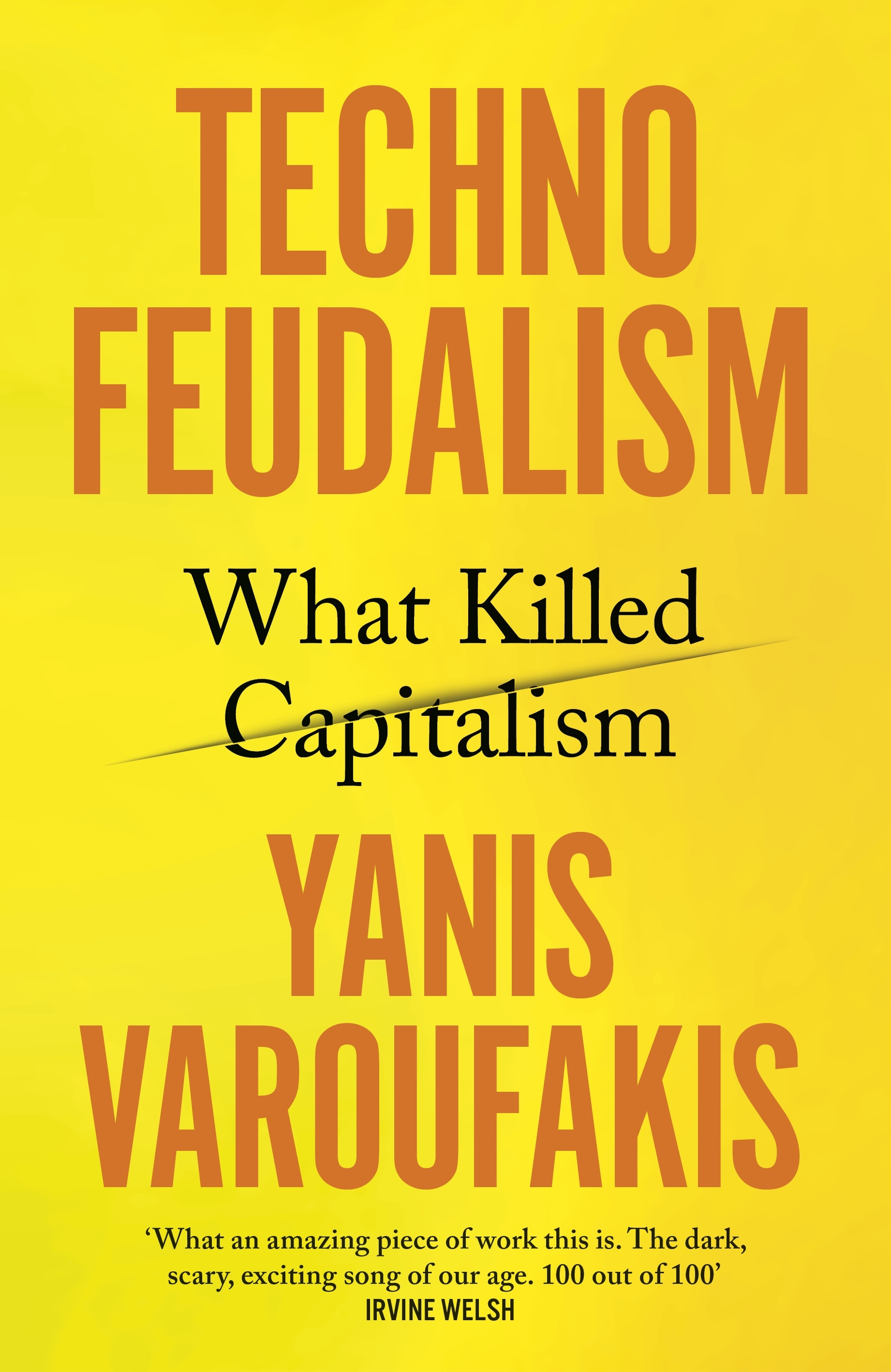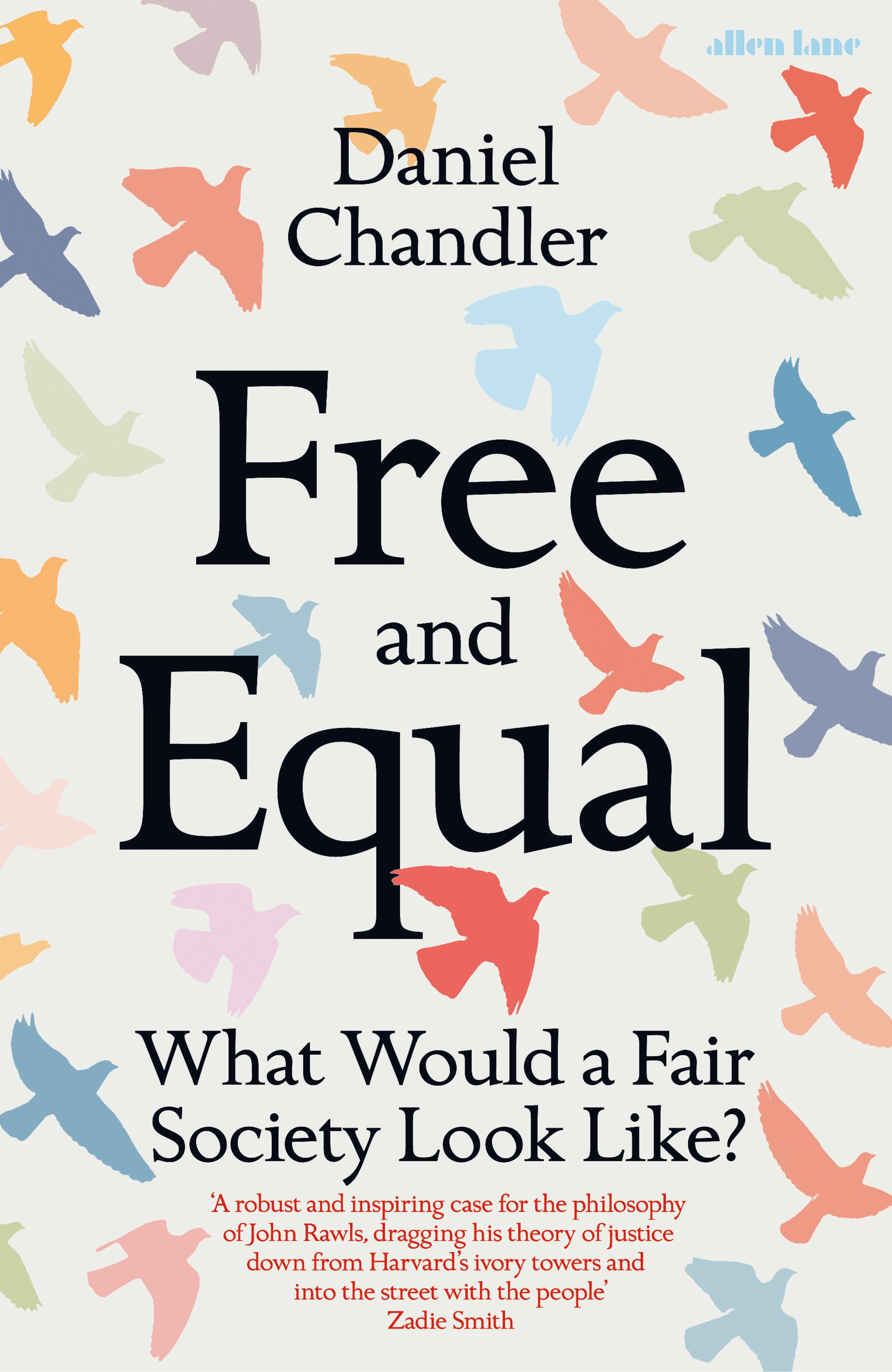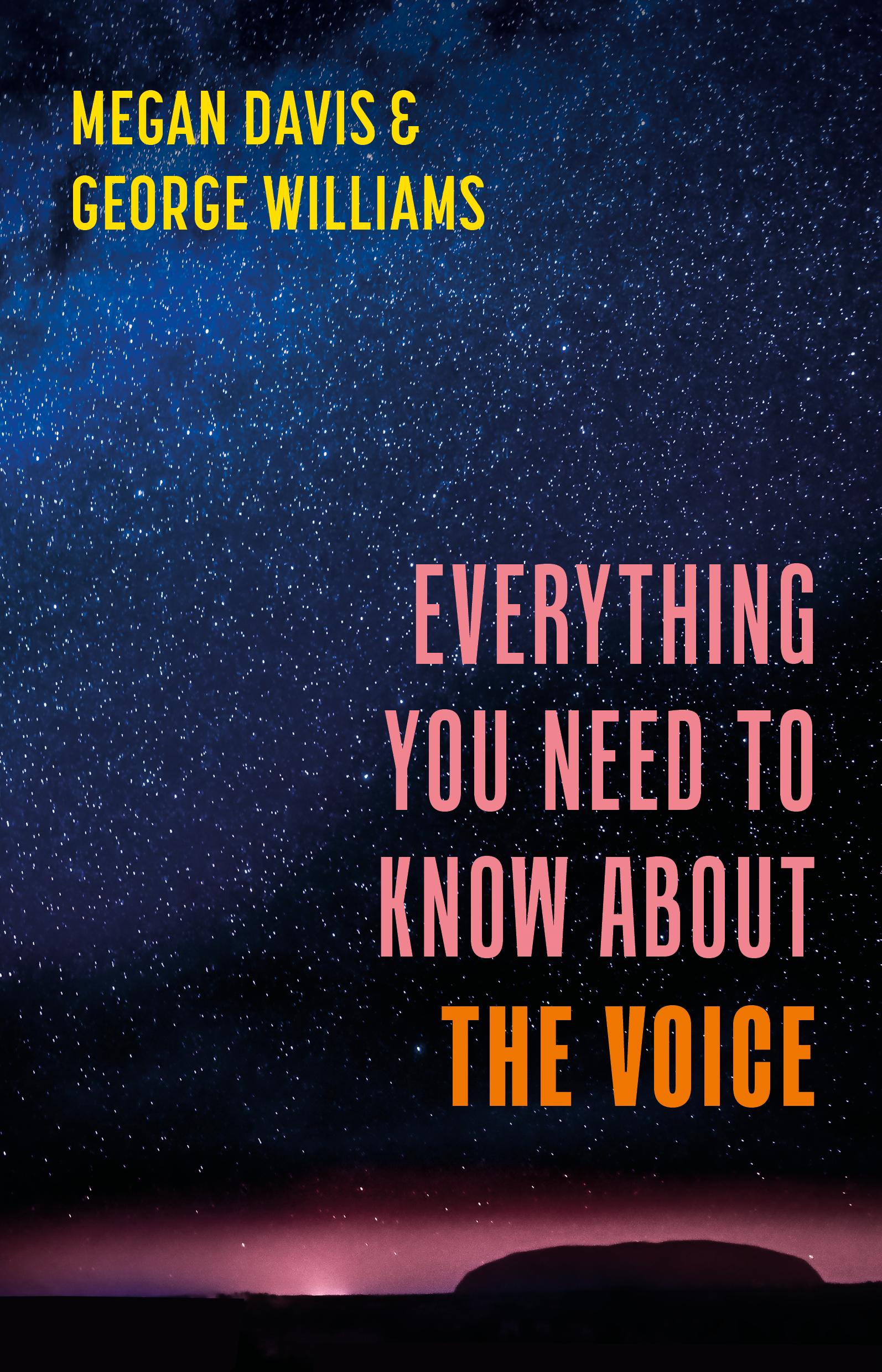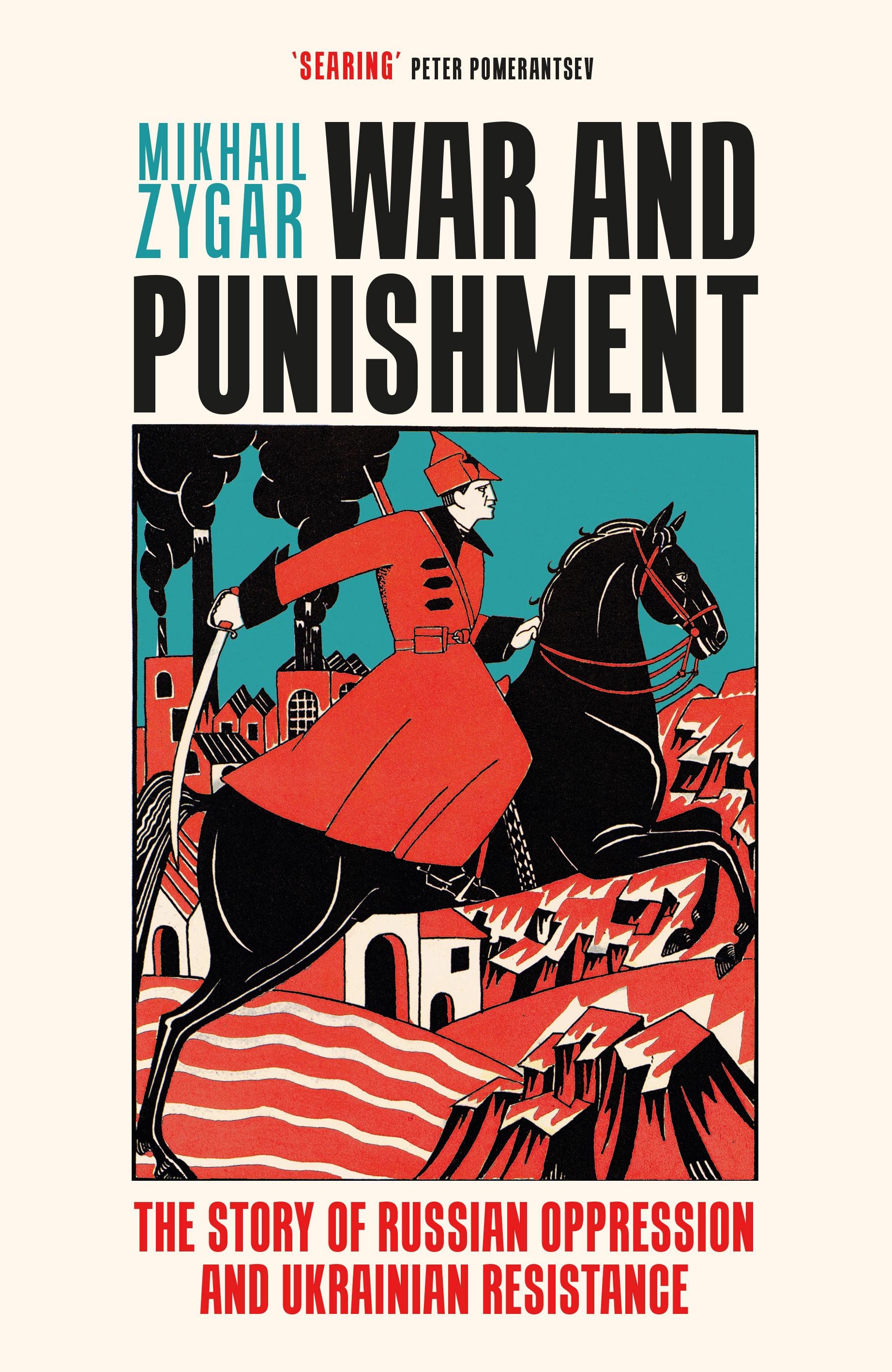Politics
The defeat of the proposal in the recent Aboriginal constitutional referendum was unsurprising given the forces at work, which I discussed in ‘A Referendum in Trouble’ (ABR, July 2023). Most importantly, it lacked the support of the Liberal and National parties once their leaders decided to oppose it, largely for partisan purposes.
... (read more)Do you know whether Aboriginal and Torres Strait Islander peoples are recognised in your state Constitution? If you responded with a mental shrug and a muttered ‘No idea’, then you would fall within the vast majority. In fact, from 2004 to 2016, each Australian state amended its Constitution to insert recognition of their Indigenous peoples. Yet the effect has been negligible and hardly anyone knows it happened. Why?
... (read more)An Uneasy Inheritance: My family and other radicals by Polly Toynbee
As one of Britain’s most indefatigable and widely read left-wing columnists, Polly Toynbee has weathered the ire of the right for over fifty years. In fact, controversy has never seemed to bother her. She has never felt the need to justify herself, and every chant of ‘champagne socialist’ has seemed only to deepen her resolve to champion causes of the disadvantaged.
... (read more)Technofeudalism: What killed capitalism by Yanis Varoufakis
In Technofeudalism: What killed capitalism, Yanis Varoufakis wrestles with questions which are giddying in their significance. Do the profound changes we see taking place around us now, in our digital age, amount to a fundamentally new form of society? If so, what kind of society is it? And what, if anything, should we do about it?
... (read more)Free and Equal: What would a fair society look like? by Daniel Chandler
Only rarely does a book of political philosophy inspire a media commotion. Well, at least a small stir – glowing reviews in leading British newspapers, BBC interviews, a speech at the Royal Academy of Arts, praise from the archbishop of Canterbury. Daniel Chandler, LSE economist and philosopher, is the thinker of the moment.
... (read more)Everything You Need to Know About the Voice by Megan Davis and George Williams
As I read Everything You Need to Know about the Voice, I was acutely conscious of the significance of the timing – just weeks before Australians are due to vote in a referendum on whether we should establish a constitutionally enshrined First Nations Voice to parliament or not. Over the months leading up to the referendum, we have witnessed a significant rise in lies, disinformation, and misinformation, all intended to influence voters, and hence the outcome. This book provides timely and essential reading that rebuts the tide of misinformation.
... (read more)This week on the ABR Podcast, we have Joel Deane with The Great Australian Intemperance, his essay on rising economic and political insecurity as reflected in the My Place movement, conspiracy theories, neo-Nazis, and ‘sovereign citizen’ groups. Joel Deane is a poet, novelist, journalist, and speechwriter. Listen to Deane’s The Great Australian Intemperance, published in the September issue of ABR.
... (read more)War Criminals Welcome: Australia, a Sanctuary for fugitive war criminals since 1945 by Mark Aarons
In early 2001, several Roman Catholic nuns stood trial in Brussels for crimes against humanity for their part in the genocide in Rwanda. Rwandan nationals, they were charged with violating new provisions of Belgian national law, which make participation in genocide and crimes against humanity anywhere in the world a violation of the law of that country. Unlike the case of Slobodan Milosevic, who awaits trial before an international tribunal in the Hague, or recent well-publicised proceedings in England against Augusto Pinochet, which were based on an extradition request from a Spanish judge investigating the former dictator for crimes against Spanish citizens in Chile, the Belgian law grants jurisdiction against anyone, who commits certain types of crimes against anyone regardless of citizenship, anywhere. In other words, the Belgian system has nationalised international crimes and international criminal law jurisdiction.
... (read more)The Power of One: Blowing the whistle on Facebook by Frances Haugen
There is a paradox in the title of this book, The Power of One, by Facebook whistleblower Frances Haugen. It is an accurate description on one level, because the powerful whistleblowing that led to demands for stronger regulation and accountability in Big Tech was indeed the courageous choice of a lone individual, the author, an American engineer and data scientist. But as the book underscores, Haugen’s whistleblowing was successful – in that it achieved impact and she has walked away relatively unscathed – because of the ecosystem that surrounded her. Lawyers, media advisers, journalists, politicians, and civil society helped her to speak up and then amplified her calls for change. The whistleblowing that Haugen documents might more accurately be described as the power of a community dedicated to ensuring that one voice reaches the minds of many.
... (read more)War and Punishment by Mikhail Zygar & Russia's War Against Ukraine by Mark Edele
The political scientist Karl Deutsch once said that a nation is a group of people united by a mistaken view about the past. These two new accounts of the history of relations between Russia and Ukraine, and the nationalist distortions of that history, would seem to bear him out. Vladimir Putin’s historical arguments for the war against Ukraine are widely accepted by his fellow countrymen and women, prompting the Russian journalist Mikhail Zygar to argue, in War and Punishment, that this ‘imperialist’ history is ‘inherently addictive’ and ‘our disease’. But this is not a vice unique to Russians: the Australian historian Mark Edele points out, in Russia’s War Against Ukraine, that Ukrainian governments have also indulged in a ‘clumsy politics of memory’ by celebrating anti-Semitic, anti-Polish, and anti-Russian nationalists.
... (read more)

